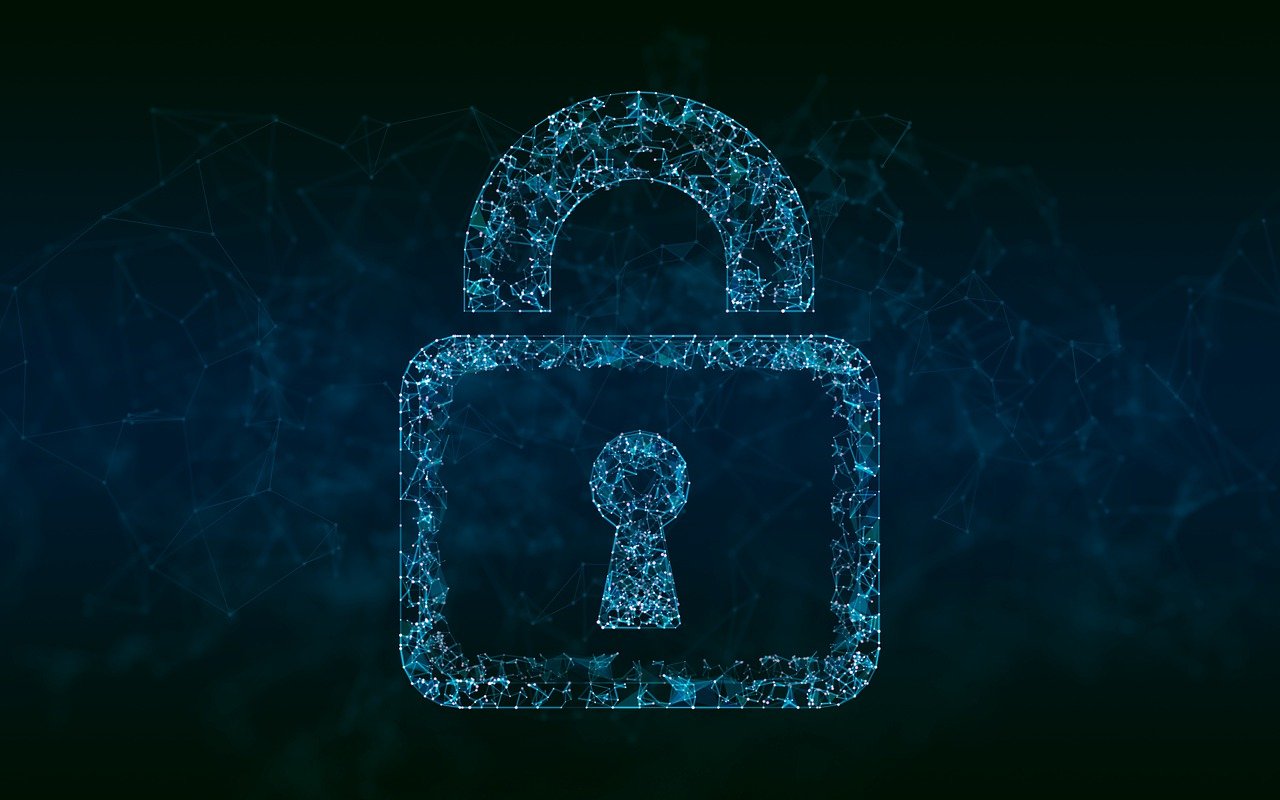· 2 min read
TLS-PSK-WITH-AES-256-CCM Cipher Suite
A breakdown of the Cipher Suite TLS_PSK_WITH_AES_256_CCM, its strengths, and its weaknesses.
Key Exchange Mechanism
Pre-Shared Key - PSK
Grade - A
A pre-shared key (PSK) in a TLS cipher suite is a symmetric key shared in advance between the client and server. It serves as the basis for establishing a secure connection without the need for public key infrastructure (PKI). PSKs are typically used in scenarios where both parties have agreed upon a key beforehand, such as in IoT devices, VPNs, or certain enterprise networks. They provide mutual authentication and confidentiality by encrypting communication using a shared secret, ensuring that only authorized parties can access the encrypted data exchanged during the TLS session.
Authentication
Pre-Shared Key - PSK
Grade - A
PSK (Pre-Shared Key) cipher suites are used for authentication in secure communication protocols like TLS. They allow parties to establish a shared secret beforehand, ensuring confidentiality and integrity of data exchanges without the overhead of public key infrastructure (PKI), suitable for constrained environments or specific security requirements.
Cipher
Advanced Encryption Standard - AES
Grade - A
AES should be used in cipher suites because it offers strong security with efficient performance, large block size (128 bits), and resistance to known attacks. Its widespread adoption and thorough analysis by the cryptographic community ensure reliability and robustness for encrypting sensitive data.
Cipher Mode
Counter with Cipher Block Chaining Message Authentication Code - CCM
Grade - A
CCM (Counter with CBC-MAC) is a mode of operation for cryptographic block ciphers, providing both encryption and authentication. Used in cipher suites, CCM ensures data confidentiality and integrity by combining the Counter (CTR) mode for encryption with the Cipher Block Chaining Message Authentication Code (CBC-MAC) for authentication. This dual functionality makes CCM highly efficient and secure, suitable for resource-constrained environments like IoT and wireless networks. By integrating CCM, cipher suites offer robust protection against unauthorized access and tampering, enhancing overall security in secure communications.

